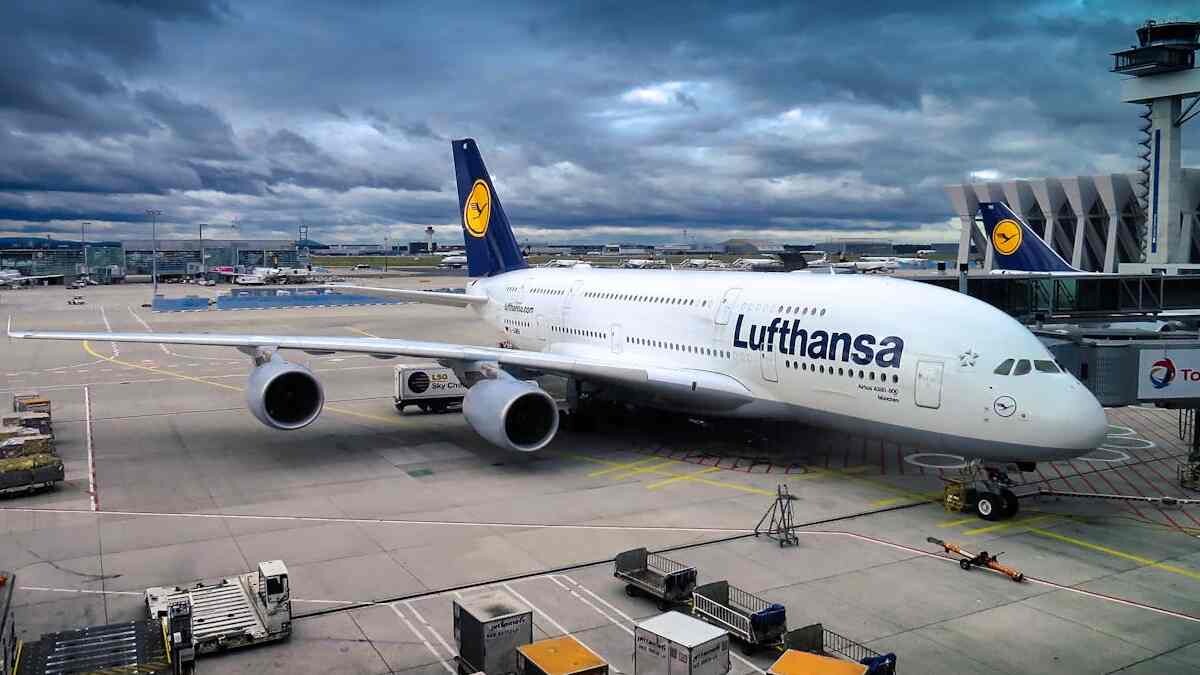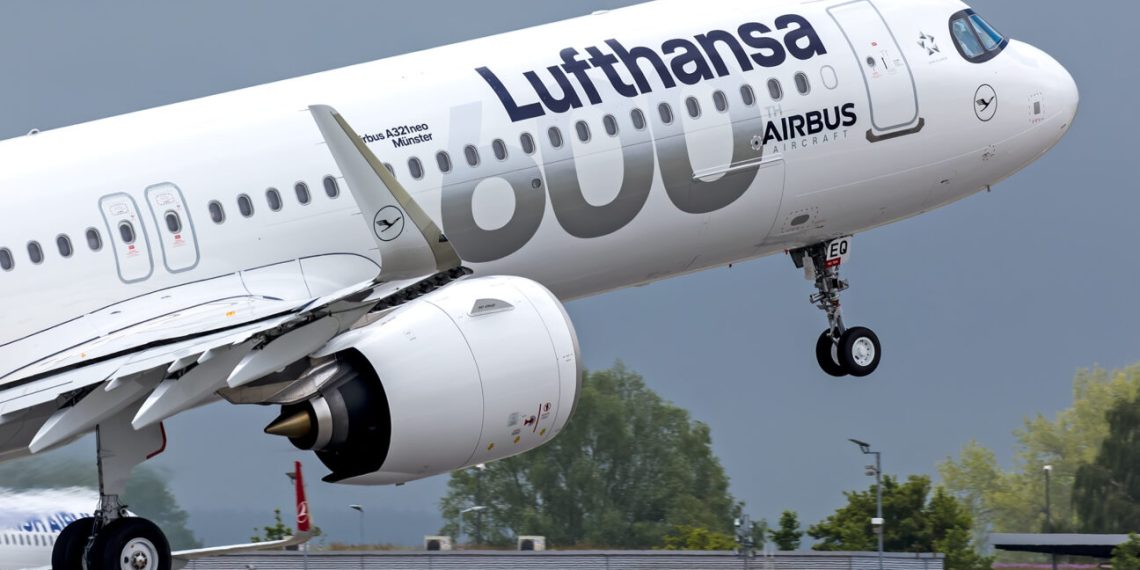Russia, Germany, and Britain called for restraint in the Middle East as tensions rose following Iran’s threat to strike Israel. Lufthansa extended its Tehran flight suspension, citing security concerns, while Russia cautioned against travel to the region.
Iran vowed retaliation for an airstrike on its embassy in Damascus, heightening tensions amid the ongoing Gaza conflict.
Israel, although not claiming responsibility for the attack, pledged to meet its security needs defensively and offensively.

Prime Minister Benjamin Netanyahu emphasized preparedness during a visit to an air force base. Iran signaled a measured response, aiming to avoid escalation, while Israeli Defense Minister Yoav Gallant warned of direct retaliation to any Iranian attack.
The Gaza conflict sparked broader regional unrest, with Iran-backed groups in Lebanon, Yemen, and Iraq backing Palestinian attacks.
Despite Tehran’s support for its allies, it avoided direct confrontation with Israel or the US. German and British officials urged Iran to exercise restraint, emphasizing the risk of miscalculation leading to further violence.
US President Joe Biden assured Israel of unwavering support against Iranian threats, anticipating a significant but contained attack.

Meanwhile, the US military intercepted a missile launched by Iran-backed Houthi rebels in Yemen, underscoring the regional volatility.
The tense situation prompted airlines like Lufthansa to delay Tehran flights, with other carriers considering adjustments. Iranian airspace closures and military drills added to the uncertainty, impacting international flight routes.
As oil prices surged amid escalating tensions, diplomatic efforts intensified to prevent further destabilization in the region. The international community urged de-escalation, mindful of the potential for a broader conflict.





